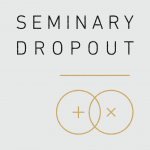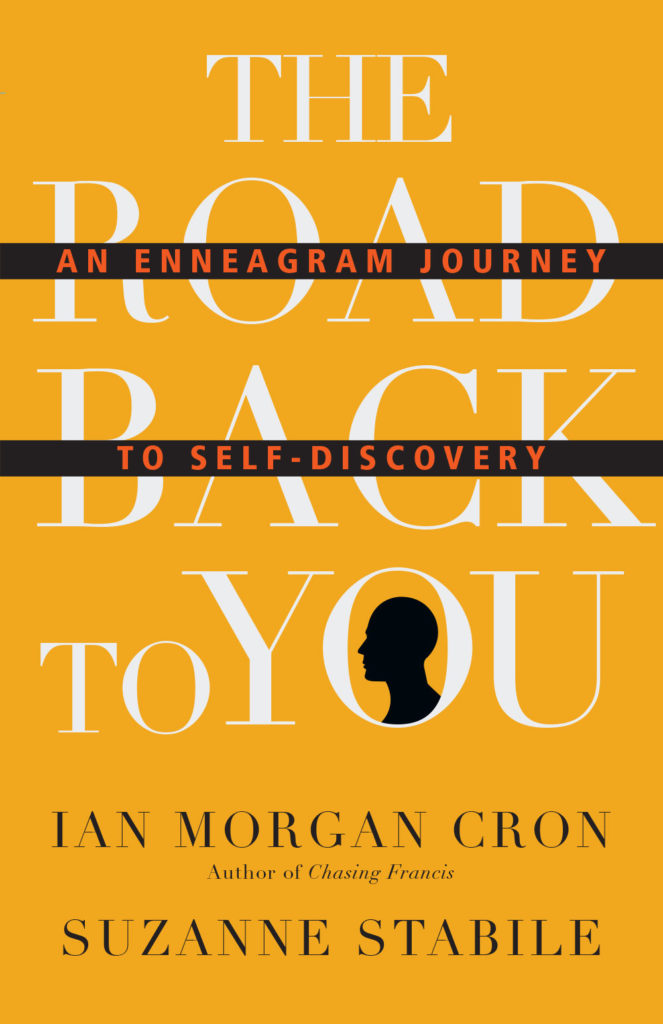
Leonard I. Sweet is an American theologian, semiotician, church historian, pastor, and author. Sweet currently serves as the E. Stanley Jones Professor of Evangelism at Drew Theological School at Drew University, in Madison, New Jersey; and a Visiting Distinguished Professor at George Fox University in Portland, Oregon. Sweet is ordained in the United Methodist denomination.
Check out Leonards website here.
The Bad Habits of Jesus: Showing Us the Way to Live Right in a World Gone Wrong
Did Jesus have bad habits?
In our culture, we have a tendency to describe Jesus in ways that soften his revolutionary edge. Len Sweet uncovers and presents to us the offensive and scandalous Jesus described in the Bible.
- Did he disappear when people needed him most? Yes.
- Did he refuse to answer questions directly? Yes.
- Did Jesus offend the people of his day? Absolutely, yes.
Popular author and speaker Len Sweet examines the words and actions of Jesus and places them in context. We need to understand who Jesus really is if we are to follow him wholeheartedly. That is why it is so crucial to see the “rebellious rabbi” for who he is and not for who we may imagine him to be.
The Bad Habits of Jesus will help you see the untamed Jesus, who isn’t sanitized for our culture. That Jesus just might transform how you live out your life. -From the Publisher
Our Sponsor:

Intervarsity Press has an exclusive for Seminary Dropout listeners. Go to ivpress.com/dropout to get 30% off The Road Back To You.
If you liked this episode then you might also like…
146: N.T. Wright Talks about The Day the Revolution Began
Mike McHargue aka “Science Mike”, Author of “Finding God In The Waves”



Missio Alliance Comment Policy
The Missio Alliance Writing Collectives exist as a ministry of writing to resource theological practitioners for mission. From our Leading Voices to our regular Writing Team and those invited to publish with us as Community Voices, we are creating a space for thoughtful engagement of critical issues and questions facing the North American Church in God’s mission. This sort of thoughtful engagement is something that we seek to engender not only in our publishing, but in conversations that unfold as a result in the comment section of our articles.
Unfortunately, because of the relational distance introduced by online communication, “thoughtful engagement” and “comment sections” seldom go hand in hand. At the same time, censorship of comments by those who disagree with points made by authors, whose anger or limited perspective taints their words, or who simply feel the need to express their own opinion on a topic without any meaningful engagement with the article or comment in question can mask an important window into the true state of Christian discourse. As such, Missio Alliance sets forth the following suggestions for those who wish to engage in conversation around our writing:
1. Seek to understand the author’s intent.
If you disagree with something the an author said, consider framing your response as, “I hear you as saying _________. Am I understanding you correctly? If so, here’s why I disagree. _____________.
2. Seek to make your own voice heard.
We deeply desire and value the voice and perspective of our readers. However you may react to an article we publish or a fellow commenter, we encourage you to set forth that reaction is the most constructive way possible. Use your voice and perspective to move conversation forward rather than shut it down.
3. Share your story.
One of our favorite tenants is that “an enemy is someone whose story we haven’t heard.” Very often disagreements and rants are the result of people talking past rather than to one another. Everyone’s perspective is intimately bound up with their own stories – their contexts and experiences. We encourage you to couch your comments in whatever aspect of your own story might help others understand where you are coming from.
In view of those suggestions for shaping conversation on our site and in an effort to curate a hospitable space of open conversation, Missio Alliance may delete comments and/or ban users who show no regard for constructive engagement, especially those whose comments are easily construed as trolling, threatening, or abusive.